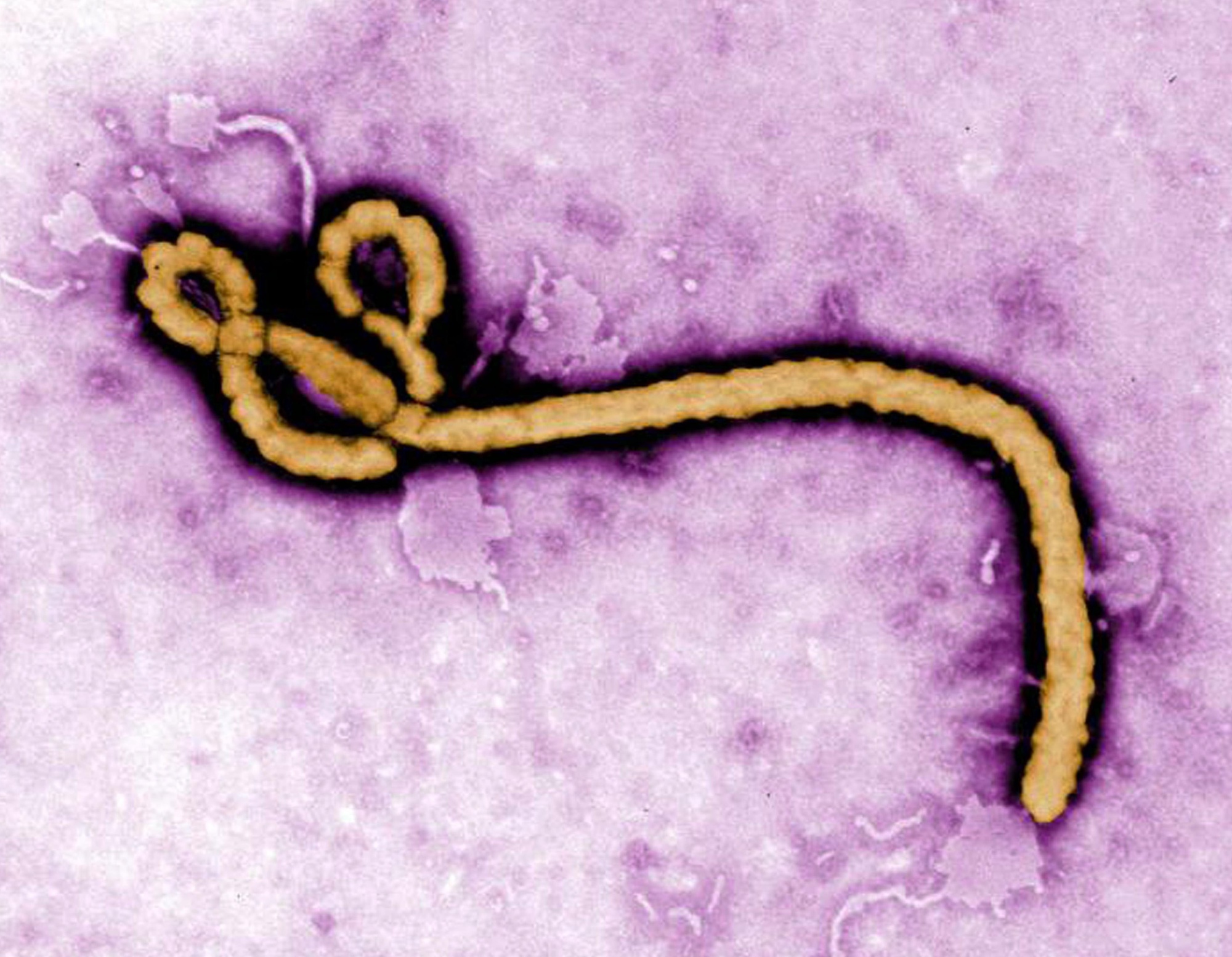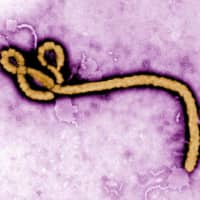A Japanese national research institute said Thursday it will import strains of Ebola and four other deadly viruses to improve detection processes amid a rise in the number of foreign visitors to the country.
The National Institute of Infectious Diseases plans to bring the pathogens to a facility in the western suburbs of Tokyo ahead of the 2020 Tokyo Olympics, but will not push forward without local support, a health ministry official said.
The viruses to be imported are those that cause five types of hemorrhagic fever — Ebola, Crimean-Congo, South American, Lassa and Marburg.
The pathogens do not exist in Japan and have never been deliberately brought into the country.
According to the institute, having access to the pathogens would not only increase the speed and accuracy with which it could identify an infected person, but would also give it the ability to conduct tests to assess a patient's recovery.
The pathogens would be kept at the institute's laboratory in the city of Musashimurayama, western Tokyo. The lab is currently the only one in Japan classified as having the maximum biosafety level of BSL-4.
It won the designation allowing the possession of pathogens in 2015 following a flurry of suspected Ebola infections among people returning from West Africa — the site of an outbreak that, according to the World Health Organization, killed more than 11,300 people.
Despite tight security at the lab, the plan could run into opposition from local residents concerned about the deadly viruses being brought into their neighborhood.
"We will avoid being hasty, and work to gain the understanding of the local community," said the official at the Health, Labor and Welfare Ministry.
The institute said it will hold meetings to keep residents informed of the plans.




